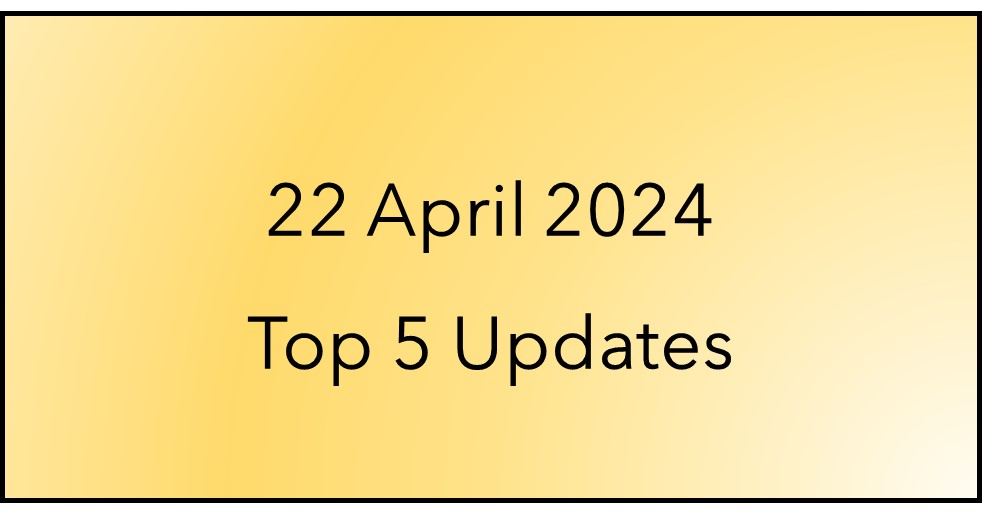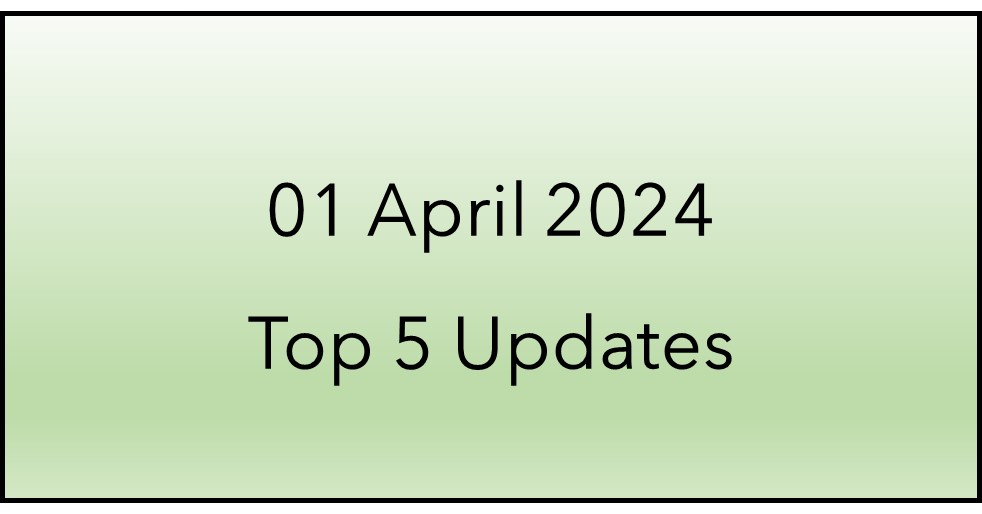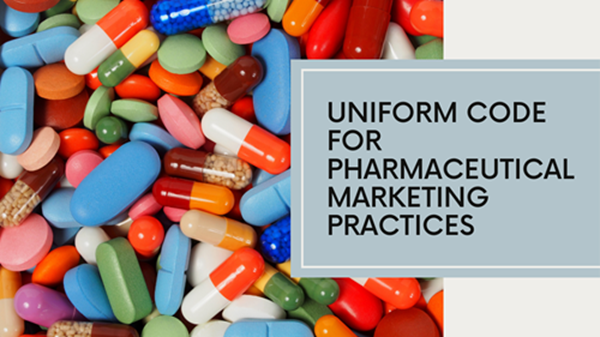Dear Reader, we are happy to share the most interesting legal and policy updates concerning health industry that we read today. We hope you enjoy reading it.
Insurance Regulator Removes Barrier to offering Insurance Policy to Senior Citizens among other underserved demographics
India’s Central level Insurance regulator the IRDAI has recently issued the Insurance Regulatory and Development Authority of India (Insurance Products) Regulations, 2024, where it has removed the barrier to insurance for persons over the age of 65 years. Previously, persons defined as “Senior Citizens” were not catered to, in terms of fresh insurance policy offerings.
Source: bit.ly/3JsNLIj
Pharmacists who were not personally dispensing medication at pharmacy penalized by Karnataka Pharmacy Council
The Executive Committee of the Pharmacy Council of the Indian State of Karnataka, by exercise of powers under Section 36 of the Pharmacists Act, 1948 has decided to take disciplinary action against certain Pharmacists for violation under Section 42 whereby only Pharmacists are permitted to dispense medication. It was found that several Pharmacists in the state were absent from their posts and had only been registered with their pharmacies for namesake.
Source: bit.ly/3QB2jtJ
Consumer Affairs Ministry has urged FSSAI to initiate Action against major food manufacturer for high sugar content in infant formula
India’s Central Consumer Affairs Secretary, in a recent letter to the Central Food Regulator (FSSAI), has urged it to initiate action against a major food product manufacturer, in light of the recent serious allegations regarding the heightened sugar content in the infant formula the company has been marketing in India.
Source: bit.ly/3xUo0Ox
India’s Central Bank has published Draft Circular regulating Point-of-Sale Payment Aggregators: Requiring compliance with Guidelines for online Payment Aggregators
India’s Central Bank, the Reserve Bank of India, has issued a Draft Circular for regulation of Payment Aggregators providing point-of-sale services, whereby, within 3 months of publication of final version of this Notification, all entities that are currently providing such services will be mandated to adapt and comply with all requirements concerning Guidelines on governance, merchant on-boarding, customer grievance redressal and dispute management framework, baseline technology recommendations, security, fraud prevention and risk management framework, as provided in a prior Notification on Regulation of Payment Aggregators and Gateways published in 2020.
Source: bit.ly/3U7NwY7
Source: bit.ly/3w55rHa
EU may revise categorization of Personal vs Commercial Confidential Data in Marketing Authorization Process
The European Union Regulator has begun consultation regarding an update to the current regulation surrounding what constitutes Personal data vs Commercial Confidential data in respect of protecting business secrets in marketing authorization applications submitted by pharmaceutical and medical devices companies.
Source: bit.ly/3JvpCRA



